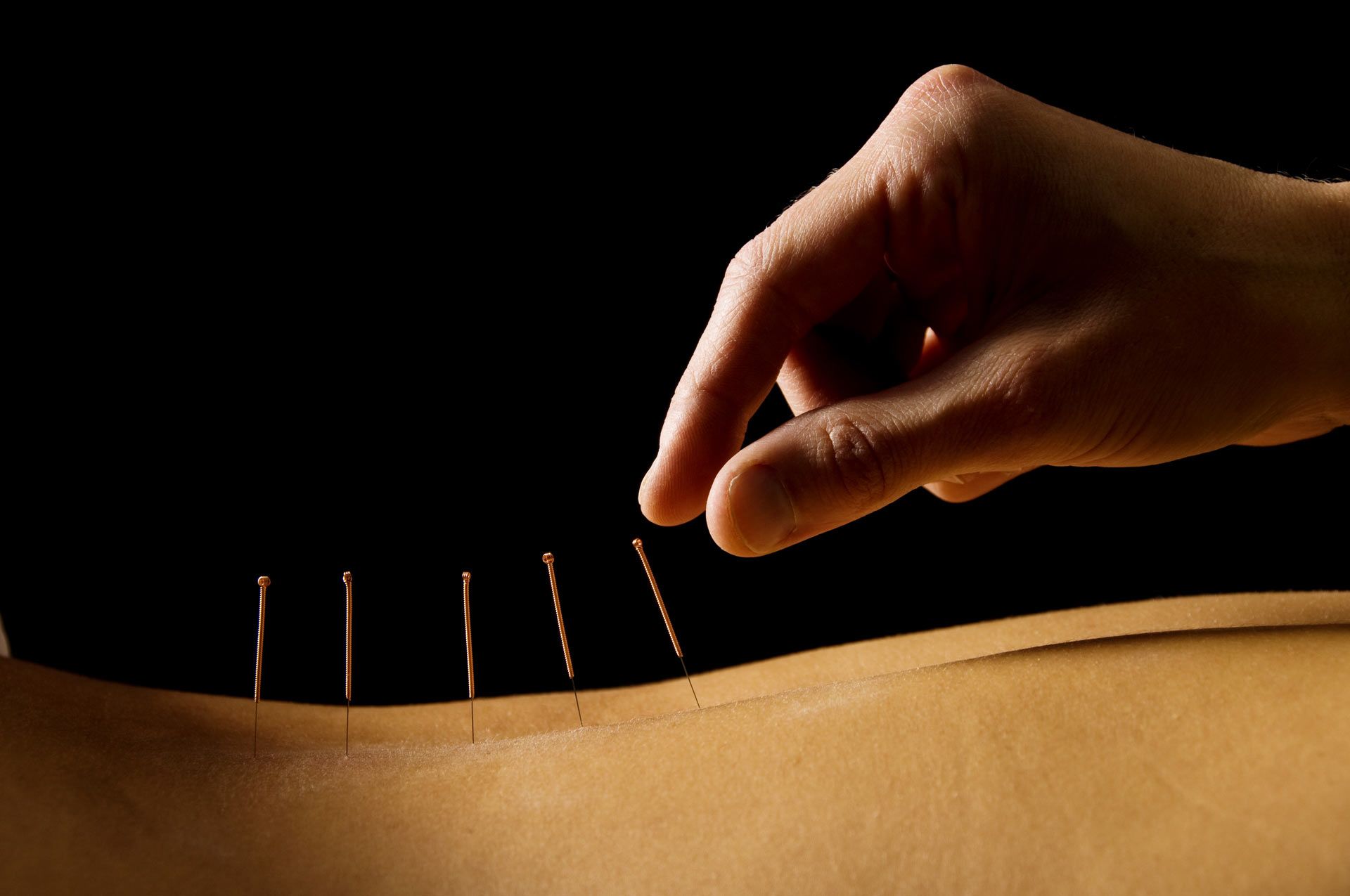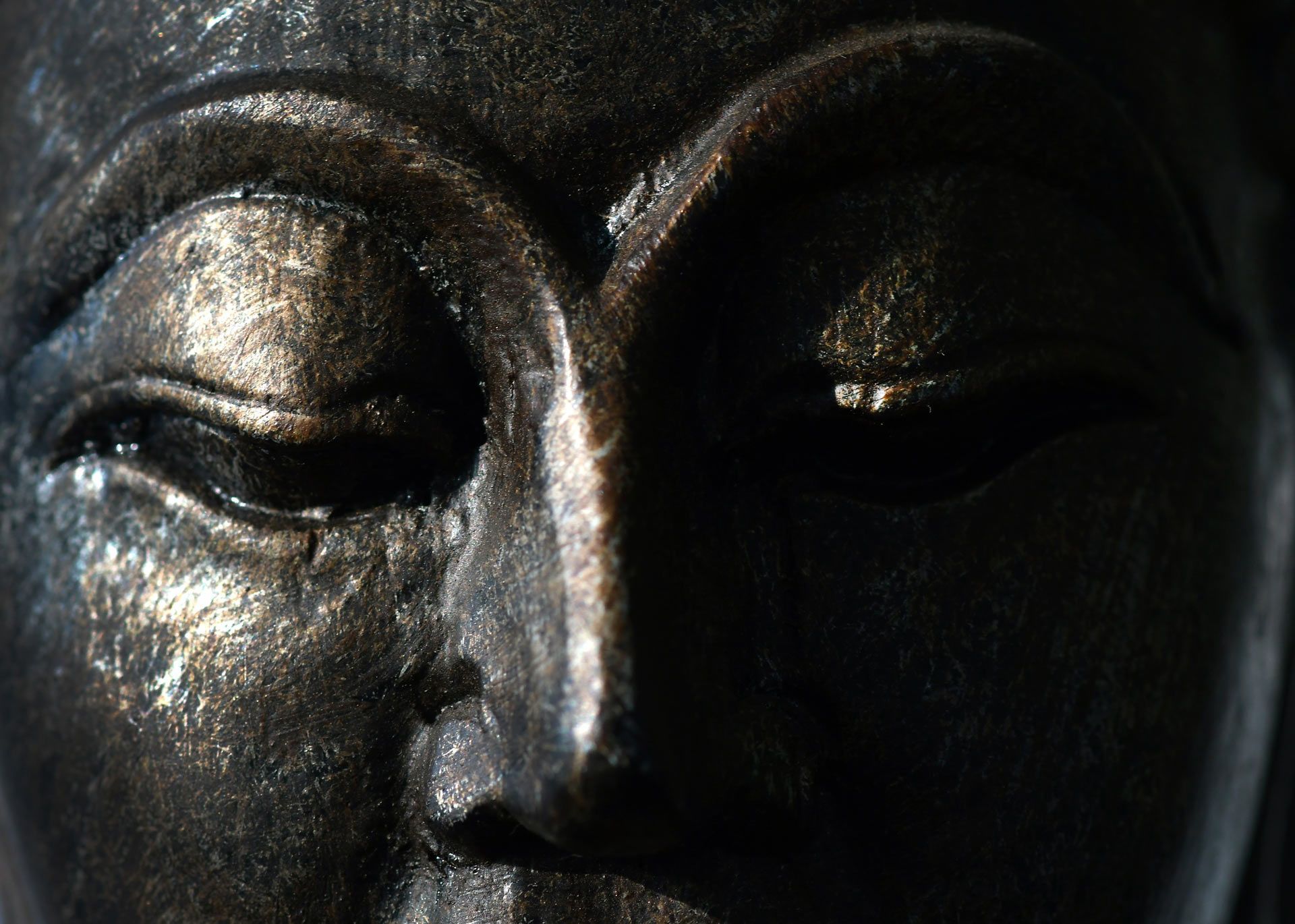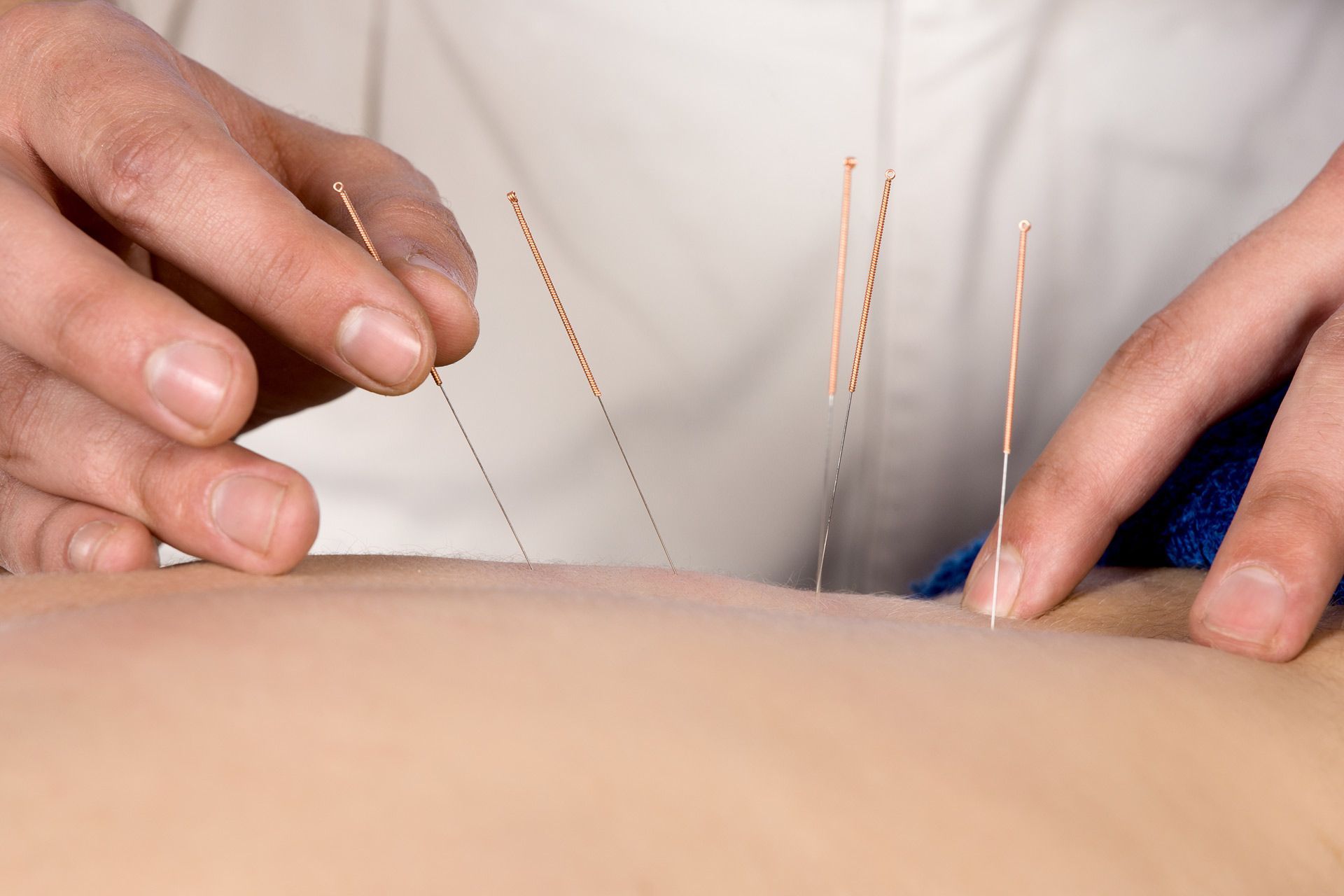10 Things To Know Before Your First Acupuncture Treatment
Though acupuncture is becoming more mainstream as an alternative or complementary therapy to western medicine, many first time patients don't know what to expect at their first visit. With various styles of acupuncture available and wide variety of techniques at the disposal of a Licensed Acupuncturist, there may be some differences of opinion between acupuncturists, but here are some of the most common tips to know.
1. Acupuncture treats more than pain.
Acupuncturists find it unfortunate when patients cancel appointments because they are sick. Not only can acupuncture help treat the common cold and stomach viruses, according to the World Health Organization, it is helpful for a wide variety of problems including mental and emotional stress, cancer, skin diseases, neurological disorders, dentistry, infections, childbirth, and gout to name a few.
2. Don't go in on an empty stomach.
An important point (no pun intended!) that your acupuncturist may forget to mention is that you should have eaten something within a few hours before treatment. It isn’t necessary to have a full meal, but at least a snack can help your body have enough energy to maximize the treatment’s potential. Receiving acupuncture on an empty stomach may lead to lightheadedness, dizziness or even fainting.
3. To receive acupuncture, you may not need to remove your clothes like you would for a massage.
Acupuncturists may need to access areas under your clothes, but they will properly drape you so that only small portions of skin are exposed. However, they do recommend wearing loose clothing so that sleeves can be rolled up above the elbows and pant legs can be pulled up above the knees.
4. You may be asked to show your tongue, have your pulse taken and have your abdomen pressed.
Acupuncturists are interested in the state of your internal organs, and using these methods they can determine the best treatment for you. Also, just like reflexology on the hands and feet, different areas of the tongue, radial pulse and abdomen correspond to different organ systems of the body.
5. You may receive treatment in unexpected locations.
Because the body is, in essence, a living flow of Qi (pronounced "chee") energy, you may very well receive needles in your hands, ears, face, or feet in order to direct the body's energy to heal in other locations. If you're sensitive or concerned about receiving a needle in any of these areas, do not hesitate to speak to your acupuncturist about these concerns.
6. Expect embarrassing questions.
In addition to physical examination, most acupuncturists will question you about various topics regarding your health and lifestyle. Often, these questions will include asking for detailed descriptions of your bowel movements, urination, and menstruation for women. The more details you're able to give, the better their diagnosis, so it's worth paying attention to if you didn't beforehand!
7. Acupuncture needles are much thinner than hypodermic needles.
If the thought of needles turns you off, keep in mind that acupuncture needles are about the width of two to three strands of hair and are actually quite flexible. Often people are surprised how little they feel both at insertion and after they are in place. In fact, it is not uncommon for clinics to be full of snoring patients!
8. Acupuncturists don't reuse needles.
If you are getting treated in the United States, the needles your acupuncturist uses on you have never been used on other patients. This means there is a virtually no chance you will contract a disease from receiving acupuncture and because the needles are made of very thin and flexible surgical grade stainless steel means less pain.
9. Acupuncturists use more than needles.
Though needles may be their main tool, most acupuncturists have learned a variety of other therapies falling under the label of "Chinese Medicine" such as acupressure (pressure instead of needles over acupuncture points), Tuina (massage), Guasha (scraping of the skin), cupping (suction of the skin), Moxibustion (heating of the skin), Chinese herbs or Qi Gong (energy healing). Depending on their training, your diagnosis, and your comfort level, you may get more than just needles at your visit.
10. One treatment is often not enough to cure what ails you.
And your acupuncturist will most likely recommend subsequent treatments. Some insurance plans have added acupuncture to their list of services, so be sure to check with your insurance provider if acupuncture is something they reimburse. Many acupuncturists can provide you with a bill to submit to you insurance carrier so you can get reimbursement.
Knowing up front what to expect at your first acupuncture appointment can both ease your mind and bring up questions to pose early on so that there are no surprises. Communication is key, so if there is ever anything that is even mildly uncomfortable physically or otherwise during your treatment, be sure to speak up. Acupuncture is supposed to be enjoyable and relaxing, so if your treatment is anything but that, your acupuncturist will want to know so that the situation can be remedied.


